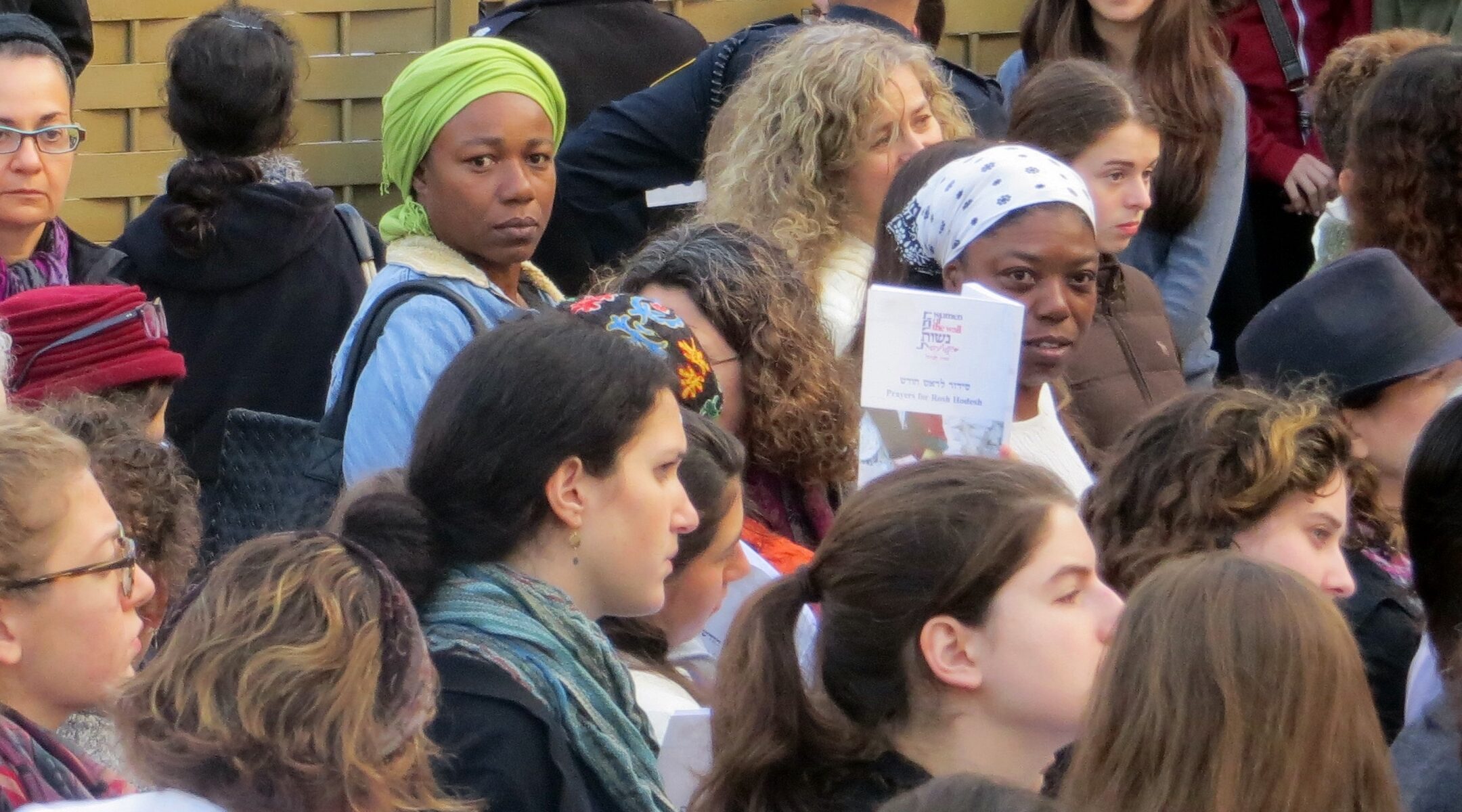(JTA) — To the rabbis and religious leaders putting the finishing touches to your High Holiday sermons, I’d like to make a suggestion: Use this Jewish New Year to talk about Israel from the pulpit.
And not just Israel. Talk about the bonds between us, as a Jewish people, about our shared past and imagined future. Talk about the challenges, but also the opportunities.
Share with your congregants that we in Israel are slowly but surely taking responsibility for our side of the relationship in a way that you have never seen, that we realize we have disappointed you and are doing teshuvah, repentance, with a sincere desire to make things right in the future. Share with them that this new government is committed to bringing back a Kotel Compromise — that is, formalizing an egalitarian prayer section at the Western Wall. It is committed to learning and understanding how our actions impact your communities. Tell them that we believe in you, and that we are ready for both your critique and your ideas.
Most importantly, share with your communities that Israel desires to be your partner, to not let our politics or diverse identities serve as barriers to our fundamental belief that we are a people with a common fate and destiny.
I know this message might not be easy to convey. I’ve lived long enough to see how Israel has turned from a point of pride to tension. And it’s understandable. Generations built their Judaism around the ideal of Israel and the promise of peace as the focal point of Jewish identity and Zionist hope. So when Israel disappoints, organized Jewish frameworks can also disappoint, intensifying political divides within communities, especially among the rising generation. So why would a rabbi waste his or her precious annual moment with a quiet audience on a subject that increasingly causes more controversy than connection?
I believe the answer is simple. Despite the very significant challenges that stand between us, the truth is that we need each other, and I am convinced ultimately want to be in relationship with each other.
The last year highlighted just how intertwined we are as a people, when Israel’s summer military operation in Gaza led not only to a frightening rise in antisemitism but significant stress and frustration within communities. It is becoming increasingly imperative for us to work together to ensure ongoing safety, security and communal cohesion.
We also still have the ability to bring out the best in each other. Israel needs your clarity and backbone to empower us to make the bold decisions that will ensure our continuity as both a Jewish and democratic state. We need your justice-minded values to assure Israelis that moving toward two states for two peoples is the only solution, both for our security and our soul. We have room to be inspired by your models of pluralism and diversity, and of organized Jewish communal life within our own religious practice.
On the other end, Israel continues to be the proud manifestation of the Jewish people’s 2,000-year-old-dream. Israel — the state, the land and its people — with all of its complexities, deserves to remain a central component of Jewish identity-building and experiences around the world.
Finally, you and I have a mutual mission to elevate not only our own people but the entire world through the development of shared projects on climate change as well as biomedical and technological innovation.
But before we can make progress toward true peace, revitalized pluralism in Israel and the next great global initiative, we must begin with a basic conversation about peoplehood — who we are, what are our common values and language. You have the opportunity to lead your communities with these questions.
As Rabbi Mordechai Kaplan wrote, “The individual Jew who regards this world as the scene of salvation depends upon the Jewish people to help [them] achieve it. For that reason, [they] must be able to feel that in investing the best part of [themselves] in the Jewish people, [they are] investing in something that has a worthwhile future, and thereby achieving an earthly immortality.”
From the pulpit, let us wrestle with these ideas and imagine this worthwhile future together.
JTA has documented Jewish history in real-time for over a century. Keep our journalism strong by joining us in supporting independent, award-winning reporting.







